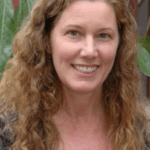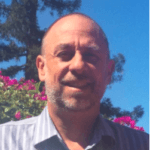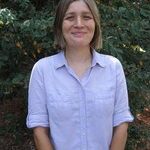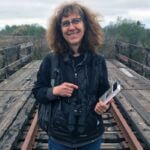Meet the CCEJP Writing Team for Grades 3-5: Community Resources for Science (CRS) is a Berkeley-based nonprofit organization that has supported science teaching and learning in elementary and middle school grades for over 25 years. Oakland Teachers Advancing Climate Action (OTACA) is a teacher-led organization dedicated to supporting teachers engaged in place-based, student-centered environmental justice action projects. Together, CRS and OTACA are partnering with Ten Strands on the Climate Change and Environmental Justice Program (CCEJP) to serve as a writing team to develop new open-source, high-quality teaching and student learning resources for grades 3–5.
Third through fifth grade is a transformative time in children’s lives. They explore interests and test ideas, and they discover their own talents and imagine their own futures in the larger world they are just beginning to become truly aware of. Learning experiences, role models, and meaningful stories all have tremendous power to shape the foundation of each individual child’s unique journey into eventual adulthood.
The CRS-OTACA team brings together classroom teachers and informal educators, scientists, and community partners with a shared reverence for the power of storytelling (as a learning approach particularly suited for grades 3–5). Stories inform and engage, spark curiosity and challenge existing notions, inspire and foster empathy, and imbue hope and spur action.
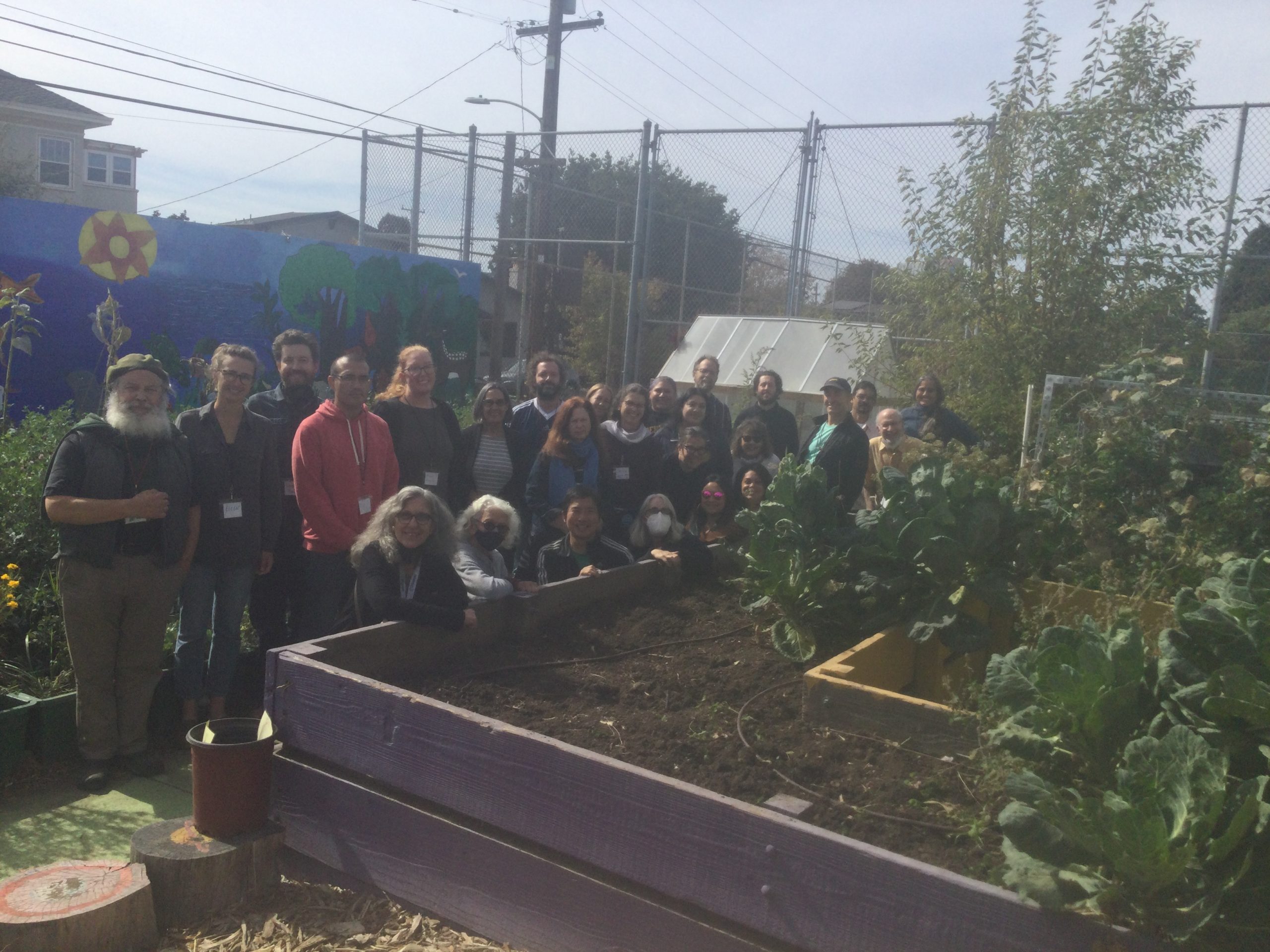
As we work to engage partners in developing climate-focused, student-centered units for grades 3–5, selecting stories and structures for students to engage in their own community-based storytelling will be at the center of our approach:
- Stories of place.
- Stories of connections and changes over time.
- Stories of health and culture.
Stories serve as a touchstone of shared experiences and a launchpad for investigation and action. Our focus is on catalyzing student engagement with local environmental justice research and action by creating tools through which students investigate environmental racism and climate change phenomena in their own communities.
“Student and teacher perspectives are an important part of this framework because everyone’s lived experience of climate change affects the questions they want to answer and the actions they want to take,” explains educator, curriculum writer, and OTACA project leader Kate Gallagher.

Since 2019, the OTACA initiative has provided a space for collaboration among teachers and scientists with a focus on direct support so that teachers can design and implement climate-focused, place-based, and project-based learning. They design learning experiences that are meaningful to students’ lives, such as disparities in health impacts of air pollution in different neighborhoods in their city.
To bring together the power of story and place, teachers in the OTACA collaboration often use maps and GIS tools that can show changes over time. Their students use StoryMaps to explore the relationships between native plants and the insects that pollinate them or about addressing food waste and diverting green waste from landfills.
“Justice-centered climate change curriculum is centered on local issues that students and families experience firsthand and supports students in seeing themselves as capable of both generating new knowledge and making substantive change,” explains scientist, educator, and OTACA lead Helen Fitzmaurice. “Although there are climate-change connections across communities, each community encounters climate impacts in ways specific to their local area. Teachers are the local experts who, with support and resources, are well-positioned to lead explorations of climate-justice phenomena that are directly relevant to their students’ lived experiences.”
Each teacher’s story of their own professional journey is at the core of the programs and services Community Resources for Science provides to nearly 2,000 East Bay TK–8th grade teachers. CRS also engages, trains, and places hundreds of scientists and engineers (graduate students from UC Berkeley and employees from local STEM industry) directly into classrooms to serve as diverse role models and mentors. Each scientist shares their own story of their pathway into their field, illustrating for young learners that they too can use their interests and talents to help make their communities stronger, healthier, and more vibrant.
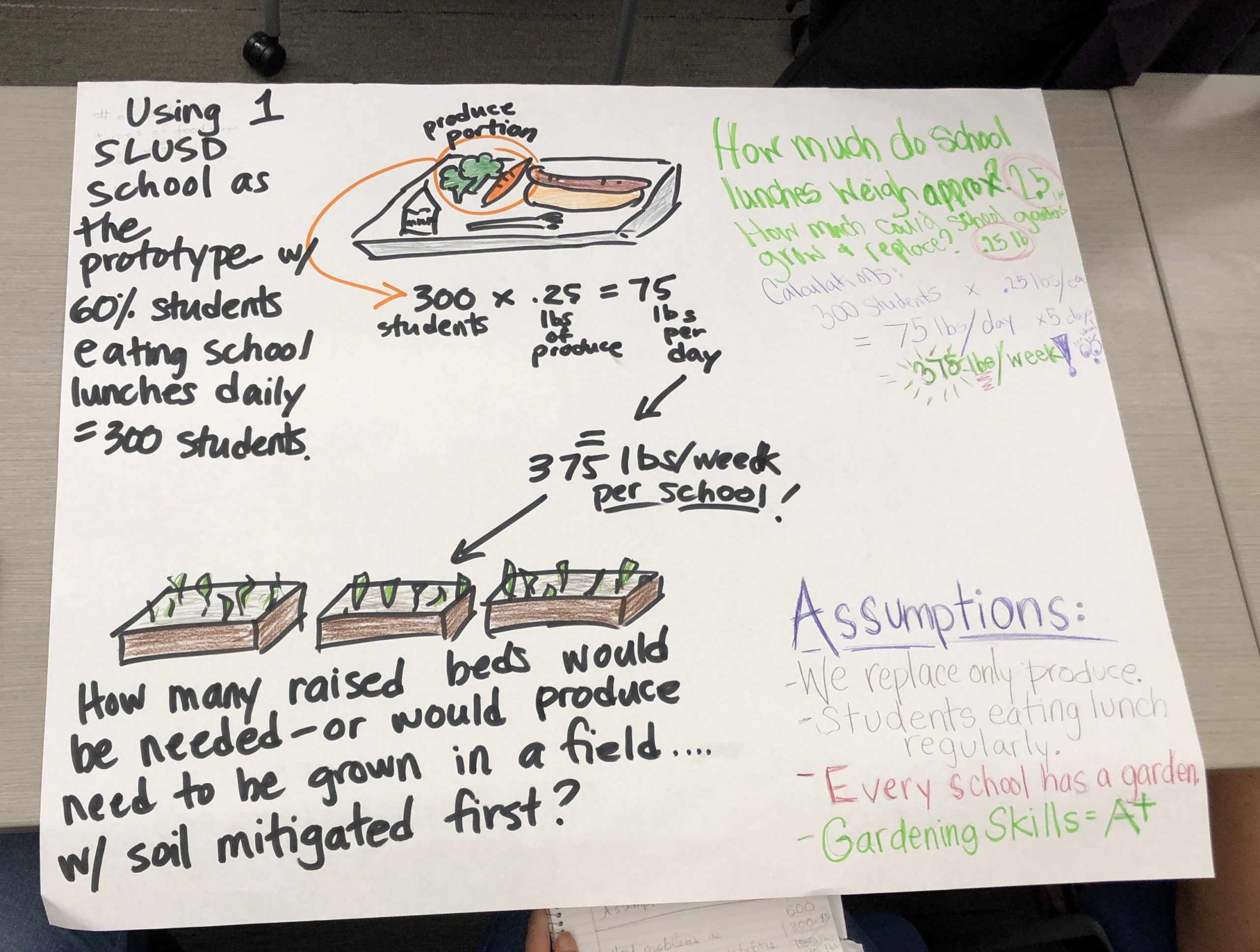
Over the past several years, CRS has worked with dozens of partner organizations to offer a wide range of professional development workshops to help TK–12 teachers gain resources and skills to build their students’ climate and environmental literacy. These interdisciplinary workshops have highlighted engaging stories, from river otters to clean air and health, from composting to pollinators.
During the Bay Area Climate Institute for educators this past summer led by team members Eric Havel and Helen Fitzmaurice, one session focused on showing how every student, teacher, and class can create their own climate story. As an example, Eric shared his own personal journey to become a climate science educator.
“I hope that by sharing my own story, our workshop participants were inspired to reflect on their own experiences and create their own stories to help inspire their students and other fellow educators to learn more and take action on climate change,” he said.
Another important aspect of the CRS and OTACA approach to climate education is a strong focus on solutions and meaningful actions students and their families can take.
“It’s essential to lead with hope, to share stories of historical challenges that people have worked together to successfully solve, so that students feel empowered to be change makers,” explains CRS’s Teresa Barnett. “From mitigations to adaptations, scientists and teachers can lead lessons that explore ways to reduce climate change drivers and build the strength of communities to withstand climate change impacts.”
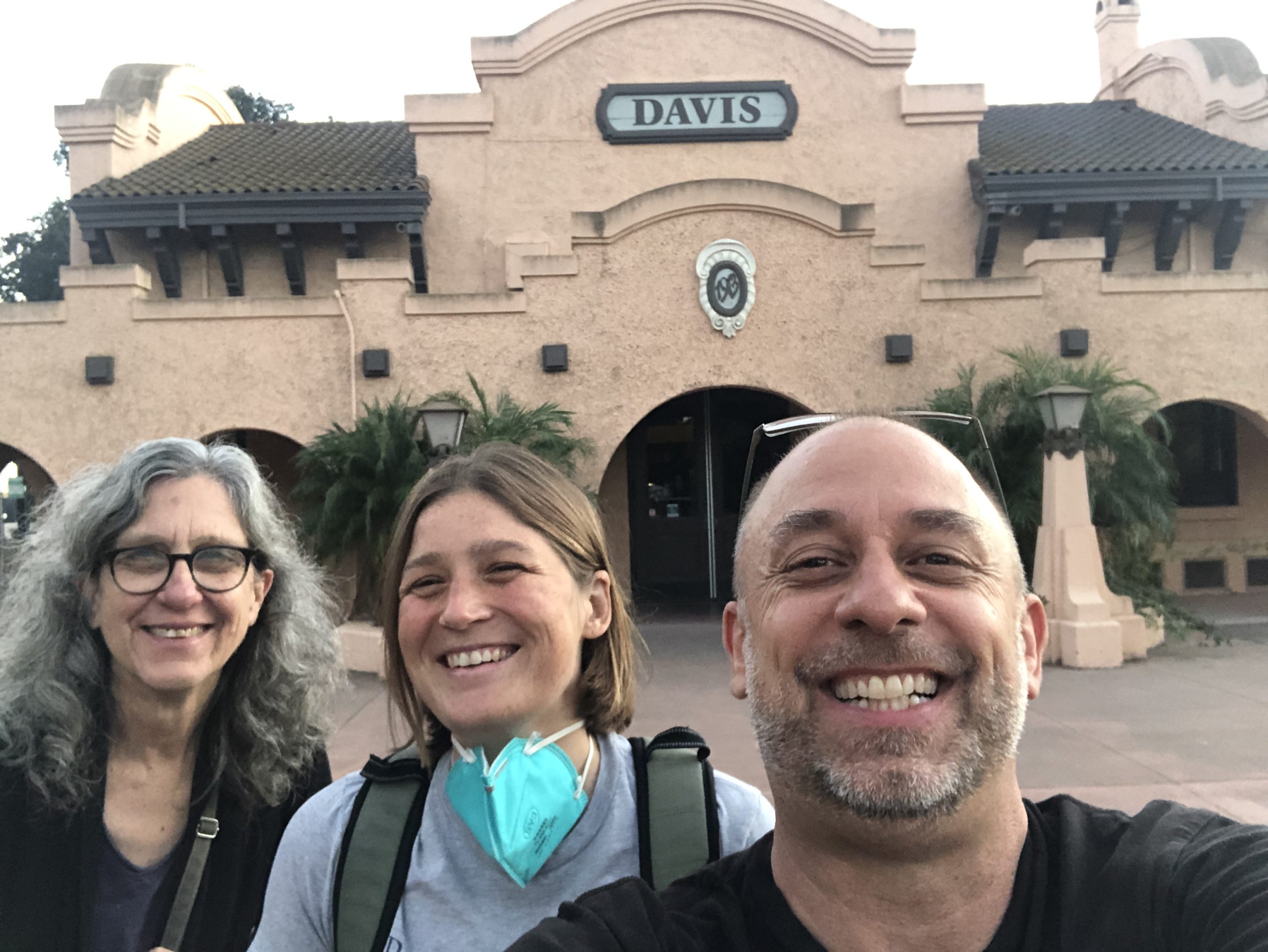
Over the next two years, the CRS-OTACA writing team will work with Ten Strands and other partners and stakeholders from across the state to develop, pilot, and refine resources and frameworks through which teachers can engage their 3rd, 4th, and 5th grade students in meaningful, authentic, local, justice-centered research and action.
This story was written by the CRS-OTACA writing team:

